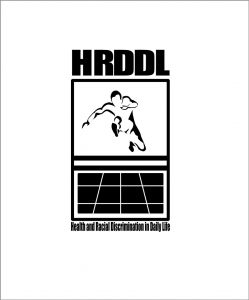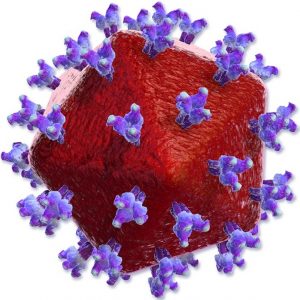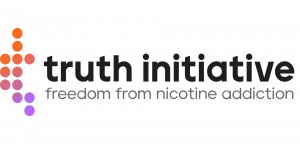The Health and Racial Discrimination in Daily Life (HRDDL) Project Series
HRDDL is a series of research projects focused on how racial discrimination and socialization impact the health of Black and African American young adults. Dr. Laurel Peterson and Dr. Nataria Joseph spearheaded the first project in Pittsburgh, PA (HRDDL-1), funded by The Center on Race and Social Problems through the University of Pittsburgh’s School of Social Work. Extension studies are being conducted out of Dr. Peterson’s lab at Bryn Mawr College in the greater Philadelphia, PA area (HRDDL-2) and at our sibling lab at Pepperdine University with participant recruitment from the greater Los Angeles, CA area (HRDDL-3).
focused on how racial discrimination and socialization impact the health of Black and African American young adults. Dr. Laurel Peterson and Dr. Nataria Joseph spearheaded the first project in Pittsburgh, PA (HRDDL-1), funded by The Center on Race and Social Problems through the University of Pittsburgh’s School of Social Work. Extension studies are being conducted out of Dr. Peterson’s lab at Bryn Mawr College in the greater Philadelphia, PA area (HRDDL-2) and at our sibling lab at Pepperdine University with participant recruitment from the greater Los Angeles, CA area (HRDDL-3).
Most recently, the projects were funded by an R-15 grant from the National Heart Lung and Blood Institute. The projects are designed to explore how the social experience of discrimination and identity (measured via baseline questionnaire and during day-to-day life) associate with health-related outcomes (i.e., ambulatory blood pressure, cortisol, sleep, and health cognitions and behaviors) with the goal of addressing health disparities in the United States.

Jhanelle models the ecological momentary assessment and ambulatory blood pressure cuff.

Nana models the salivary cortisol procedure.
Infectious Disease Prevention and Vaccination Promotion
For over a decade, our lab has developed a line of research focusing on understanding and enhancing pandemic prevention behaviors (e.g., HIV, Covid-19) and vaccination decisions (e.g., HPV vaccination). Importantly, our research indicates that social-contextual factors related to identity (e.g., masculinity, norms, prototypes, political orientation) play a crucial role in prevention decisions and behaviors across health issues. For example, see our citation award winning presentation Descriptive Norms and Prototypes Predict Covid-19 Prevention Cognitions and Behaviors in the United States from the Society for Behavioral Medicine.



Nicotine and Tobacco Vulnerability among Emerging Adults
Our lab partnered with Student Health Services to conduct research assessing how Bryn Mawr students perceive campus smoking and vaping policy as well as individual thoughts, feelings, and behaviors surrounding smoking (tobacco) and vaping (nicotine) products. The goal of the project is to apply the Prototype Willingness Model to better understand how emerging adults feel about smoking and vaping tobacco and nicotine products, the types of people who use them, and their decisions to use with the goal of informing interventions to prevent and reduce use. In Summer 2025, Sasha Weisman (BMC ’27) found that prototype favorability associated with use cognitions as part of her summer science fellowship.  This project is partially funded by the Truth Initiative, a nonprofit public health organization focused on spreading awareness about youth/emerging adult nicotine use and advocating for quitting and prevention interventions.
This project is partially funded by the Truth Initiative, a nonprofit public health organization focused on spreading awareness about youth/emerging adult nicotine use and advocating for quitting and prevention interventions.
